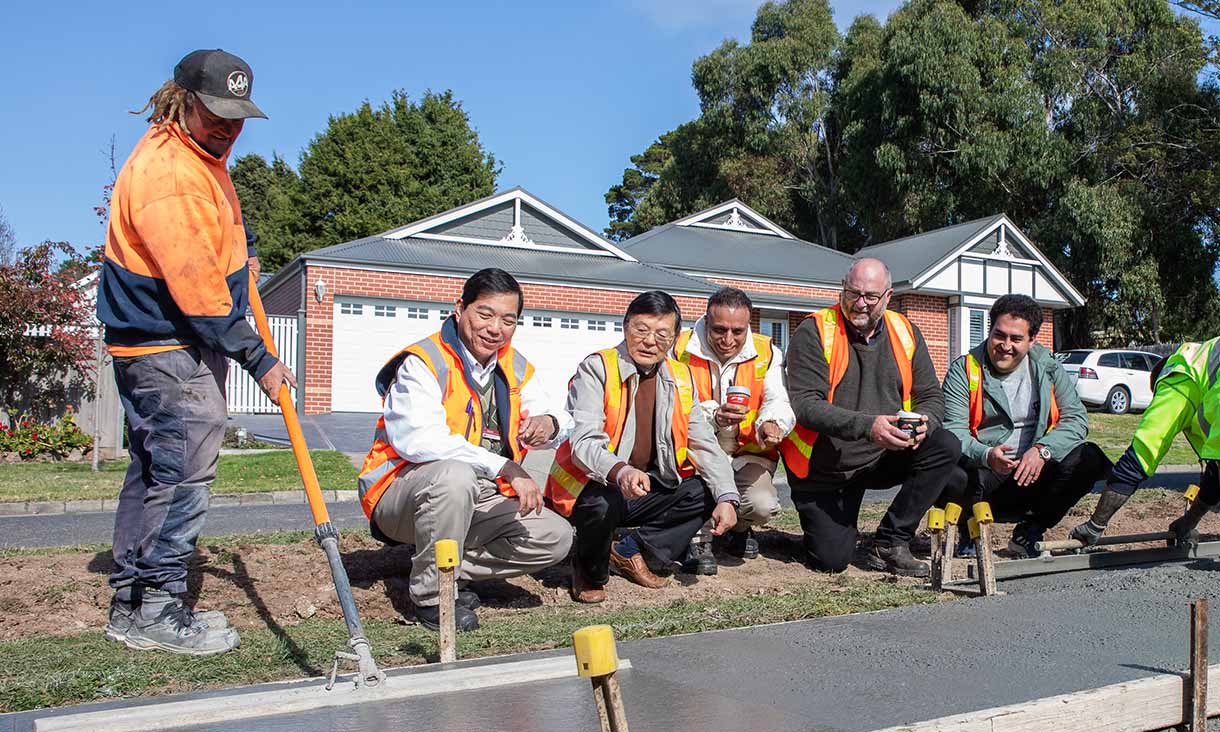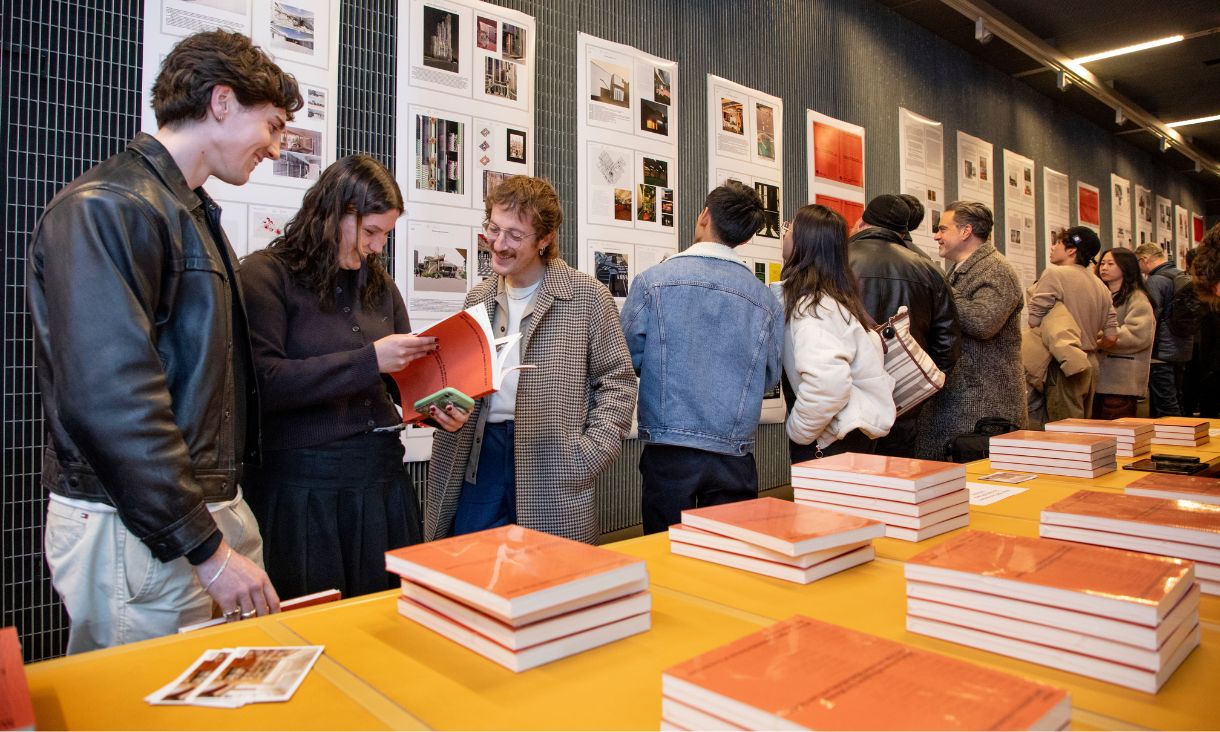Zacharias said she would love to pursue research in the future and aid in helping aspiring landscape architects choose important social projects.
“I would love to change future students’ thinking about the sorts of projects that they should be undertaking, and focus on the objectives they should have while pursuing their studies in their design fields,” she said.
Michelle also won the 2020 Hassell Travelling Scholarship, selected from a pool of 23 other graduating students across Australia.
She received the award based on her project on improving the social conditions of people living in red light districts in New Delhi, India.
Once current COVID travel restrictions lift, Zacharias plans to use the scholarship to travel to South Africa to collaborate with the Violence Prevention through Urban Upgrading (VPUU) project.
The project focuses on improving public spaces in Khayelitsha, Cape Town, to provide services to victims of violence, and enable greater opportunities for access to education.
“Through concepts of urban acupuncture, landscape architects and urban designers can not only uplift the landscape of the area, but also give power to the community,” she said.
Zacharias’ recognition comes at a time when the coronavirus has also had an impact on the field of landscape architecture.
Associate Lecturer in Landscape Architecture Alice Lewis said COVID-19 has changed the general public’s view of landscapes, even public parks.
“There’s been this huge cultural shift,” Lewis said.
“It seems through the pandemic, there has been an reinvigoration of landscape architecture.”
Lewis said the industry has gained more recognition since going into lockdown, particularly local landscape areas that are now important in people’s daily routines.
“We can respond through public space and use this new appreciation to strategically shift the way that we use cities, down from transport, to how people walk through their own suburbs,” she said.
Zacharias said that the pandemic has made people more appreciative of public spaces and “the importance they hold in the current city fabric”.
“As designers, we should be raising awareness about the importance of design, rather than just designing aesthetically pleasing places around the city.”
Story: Phoebe Humphrey





